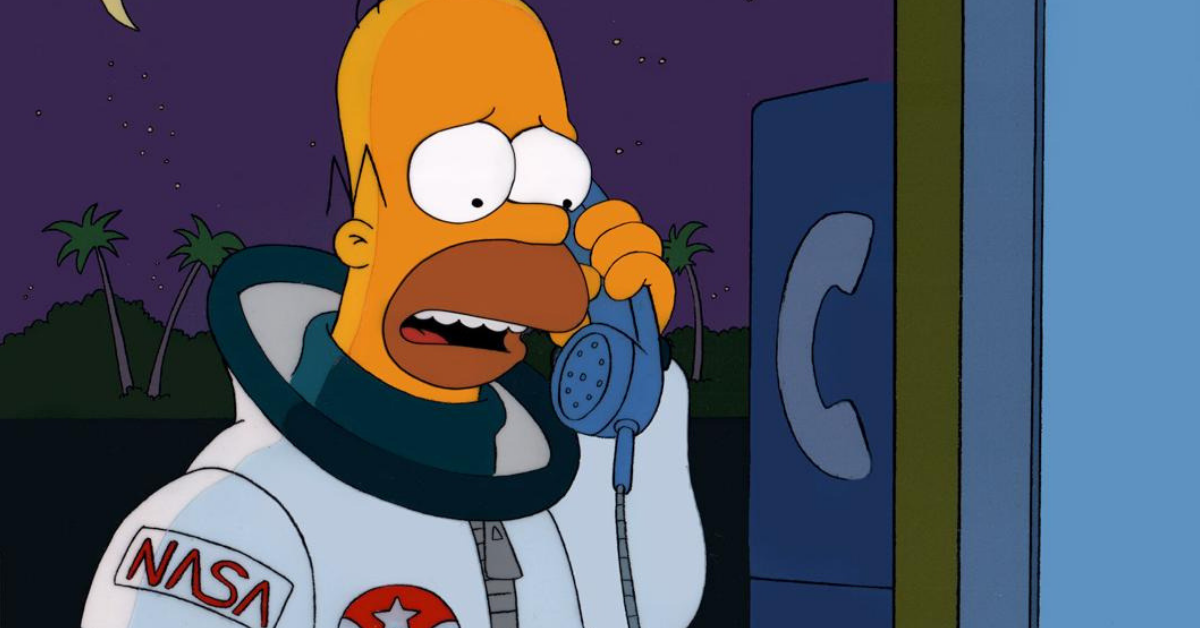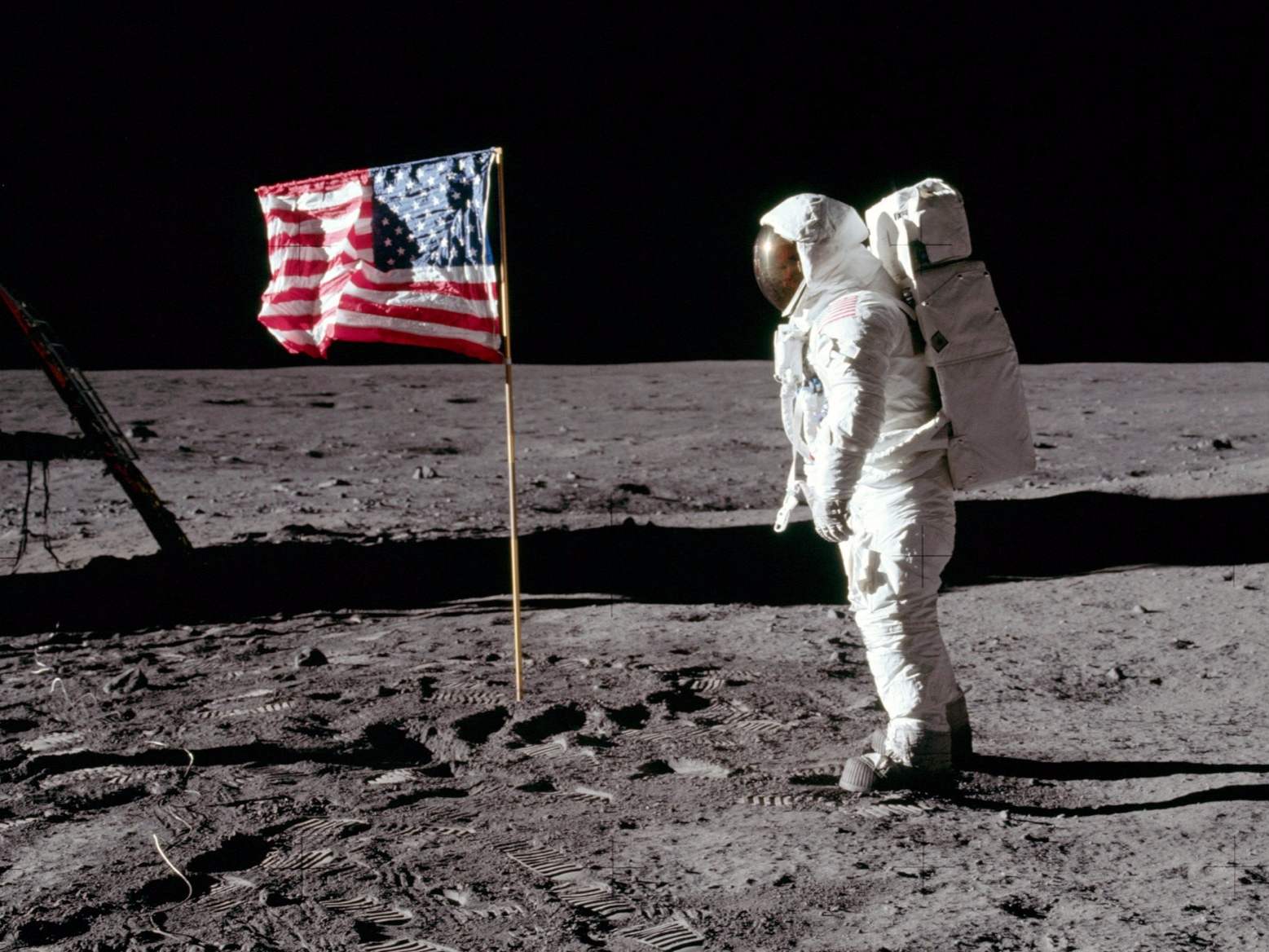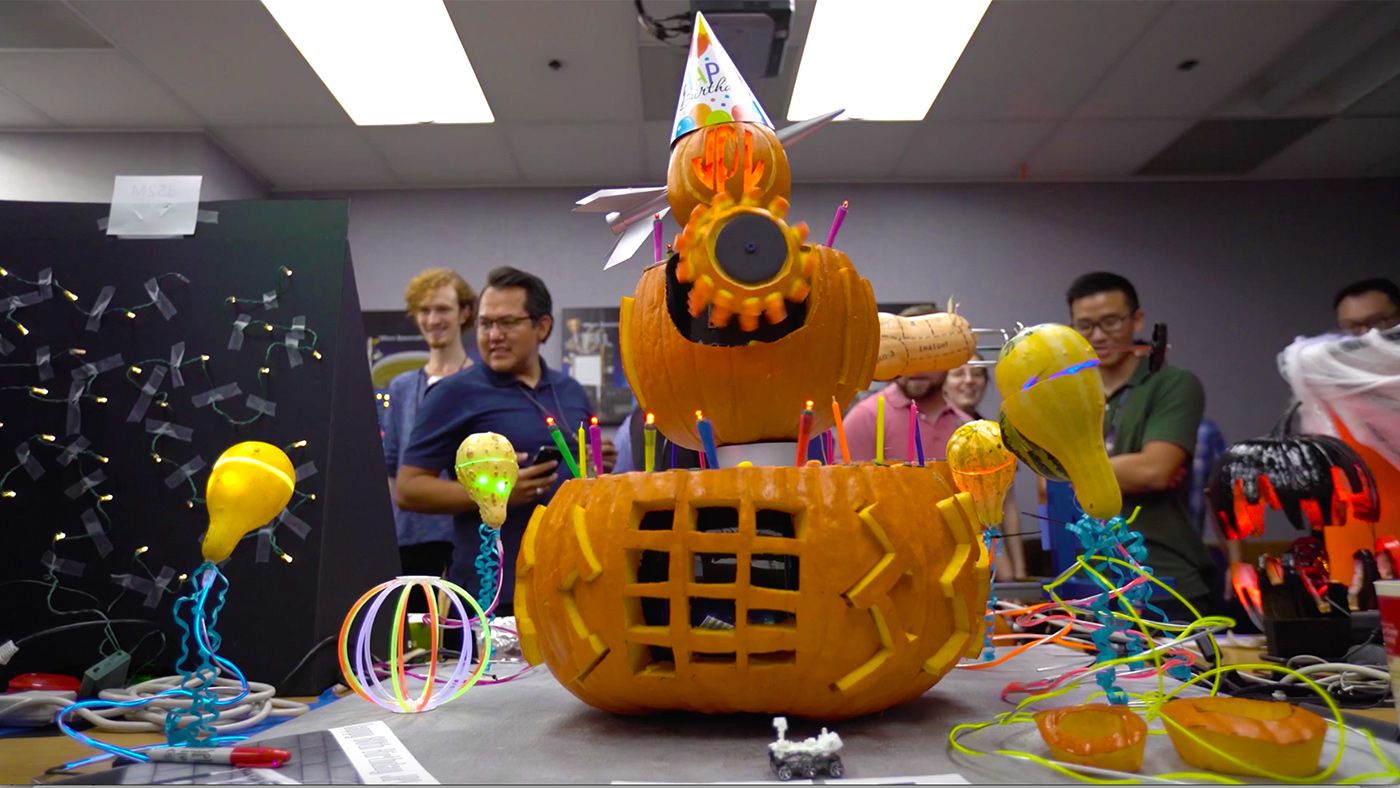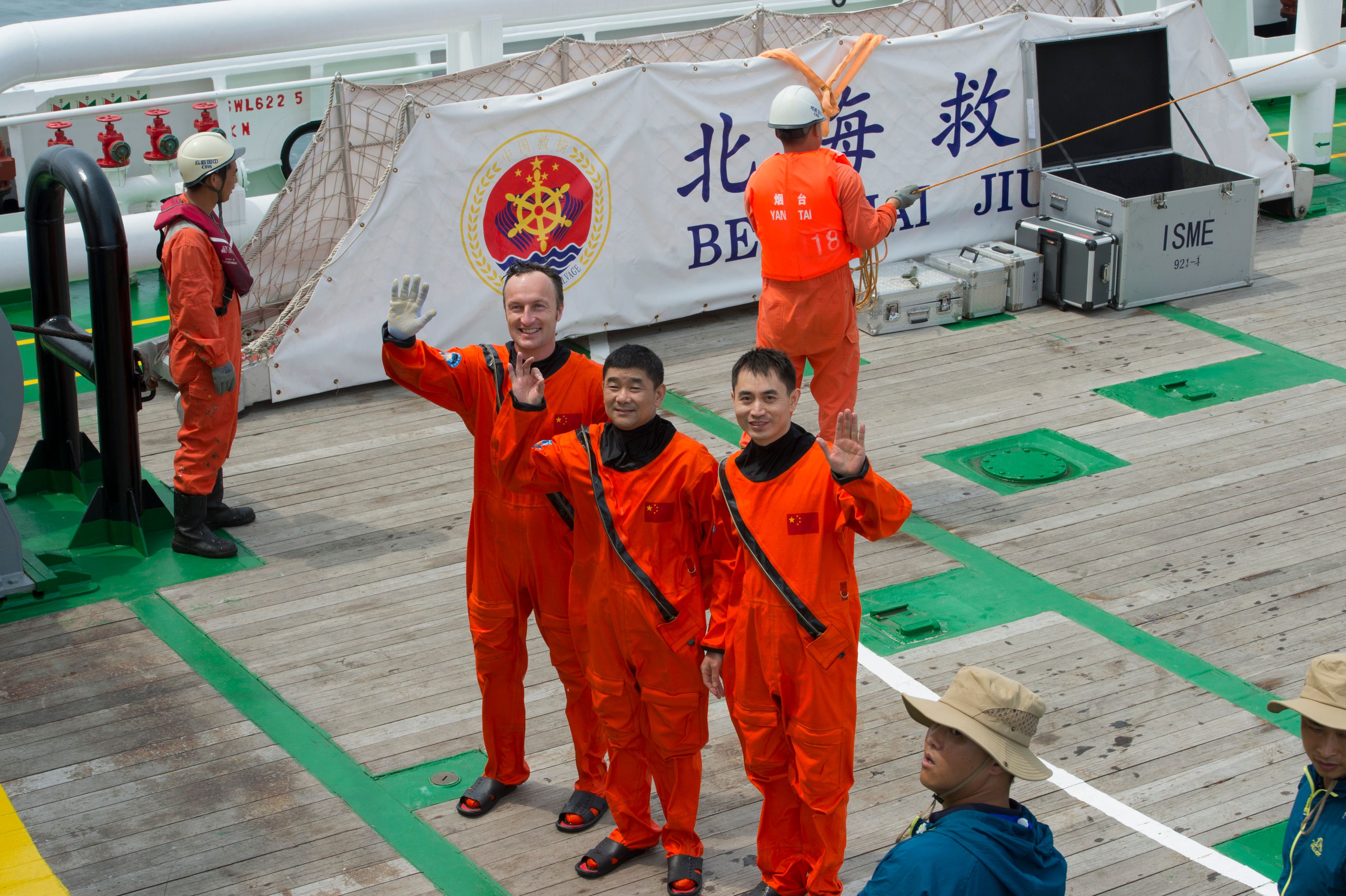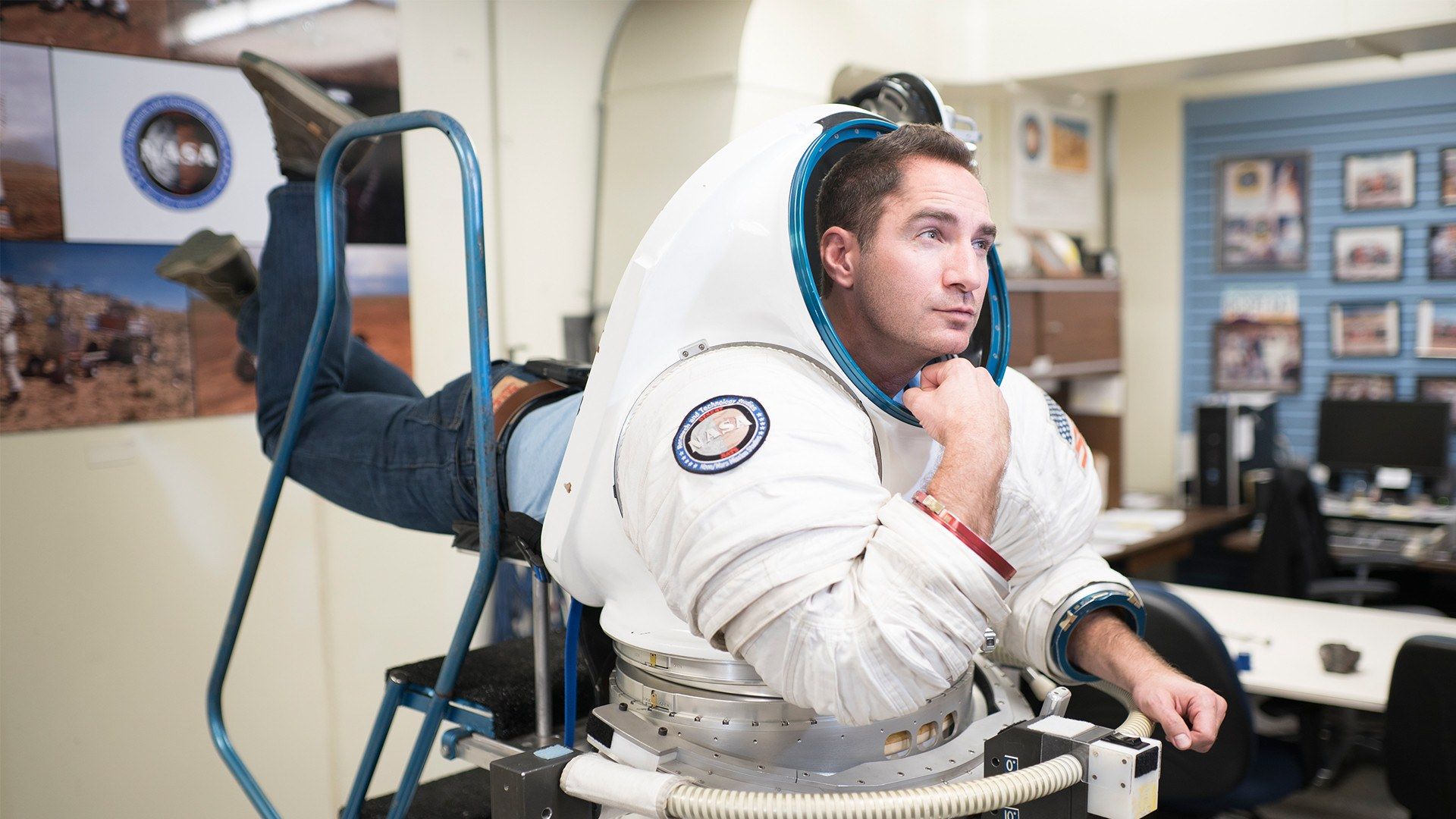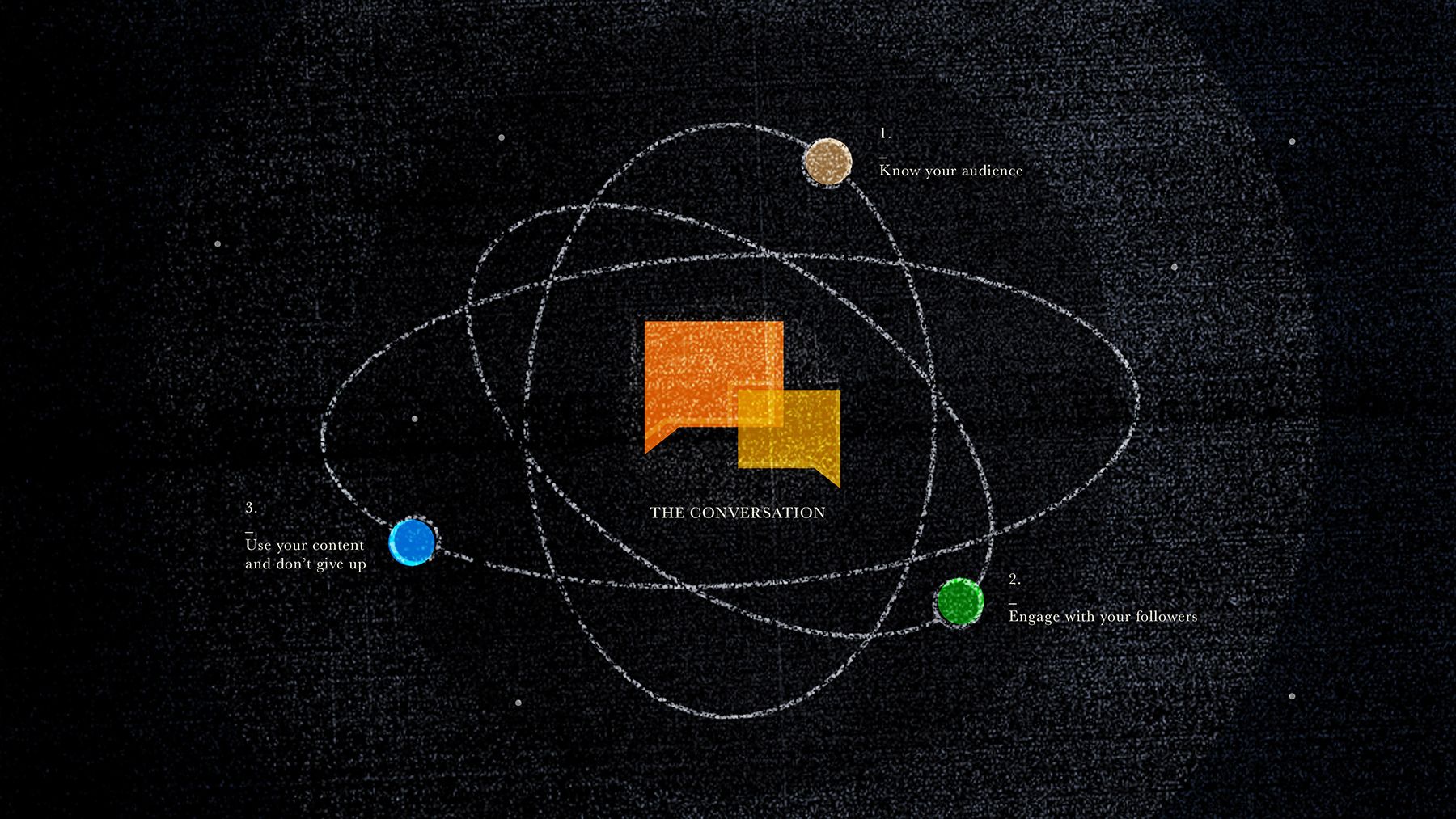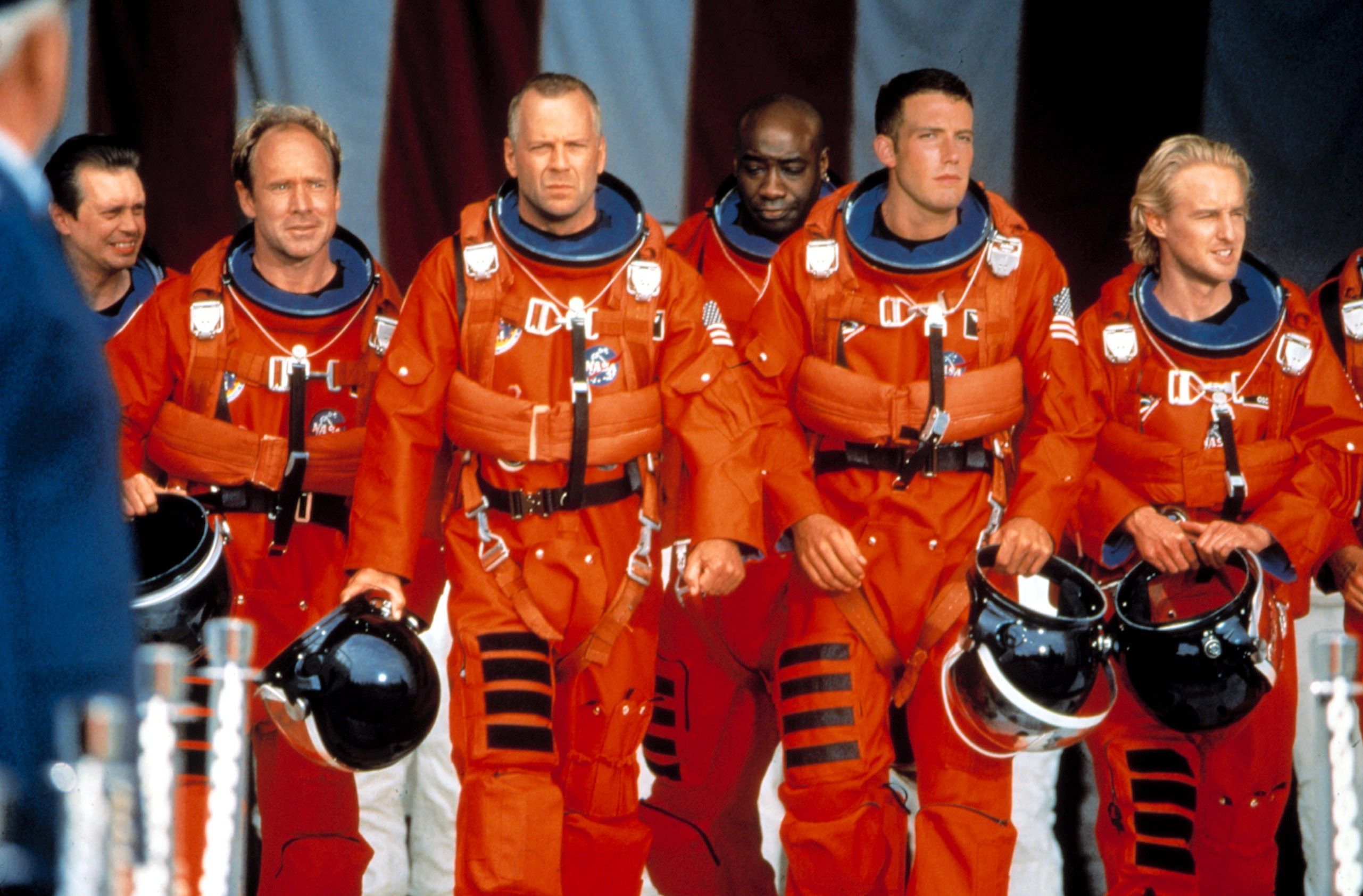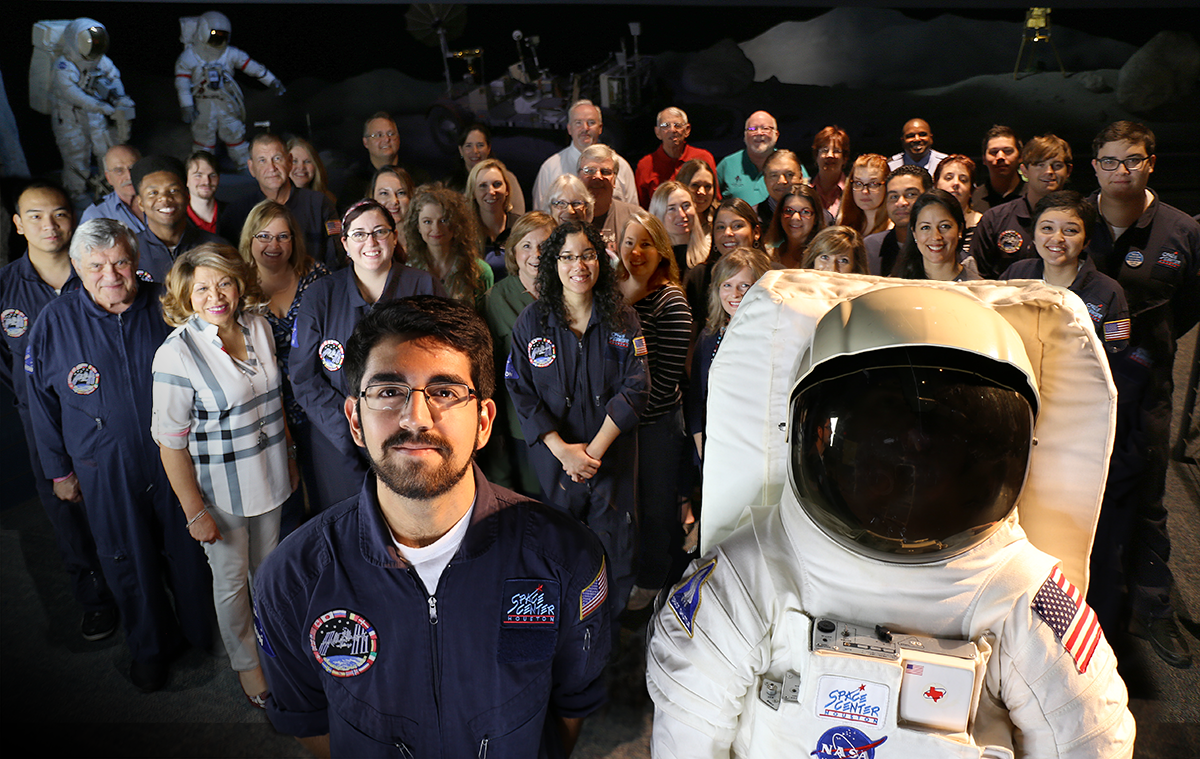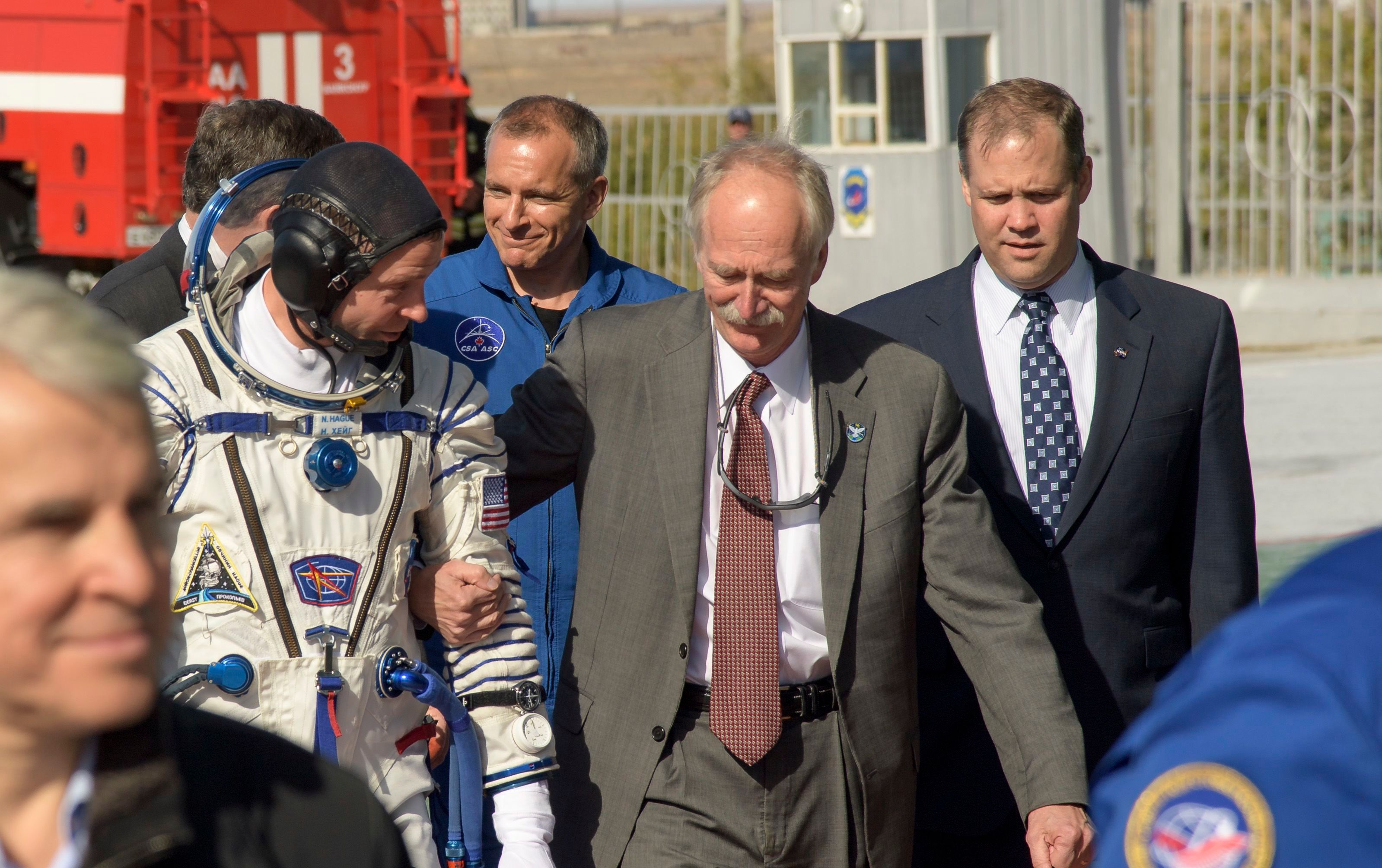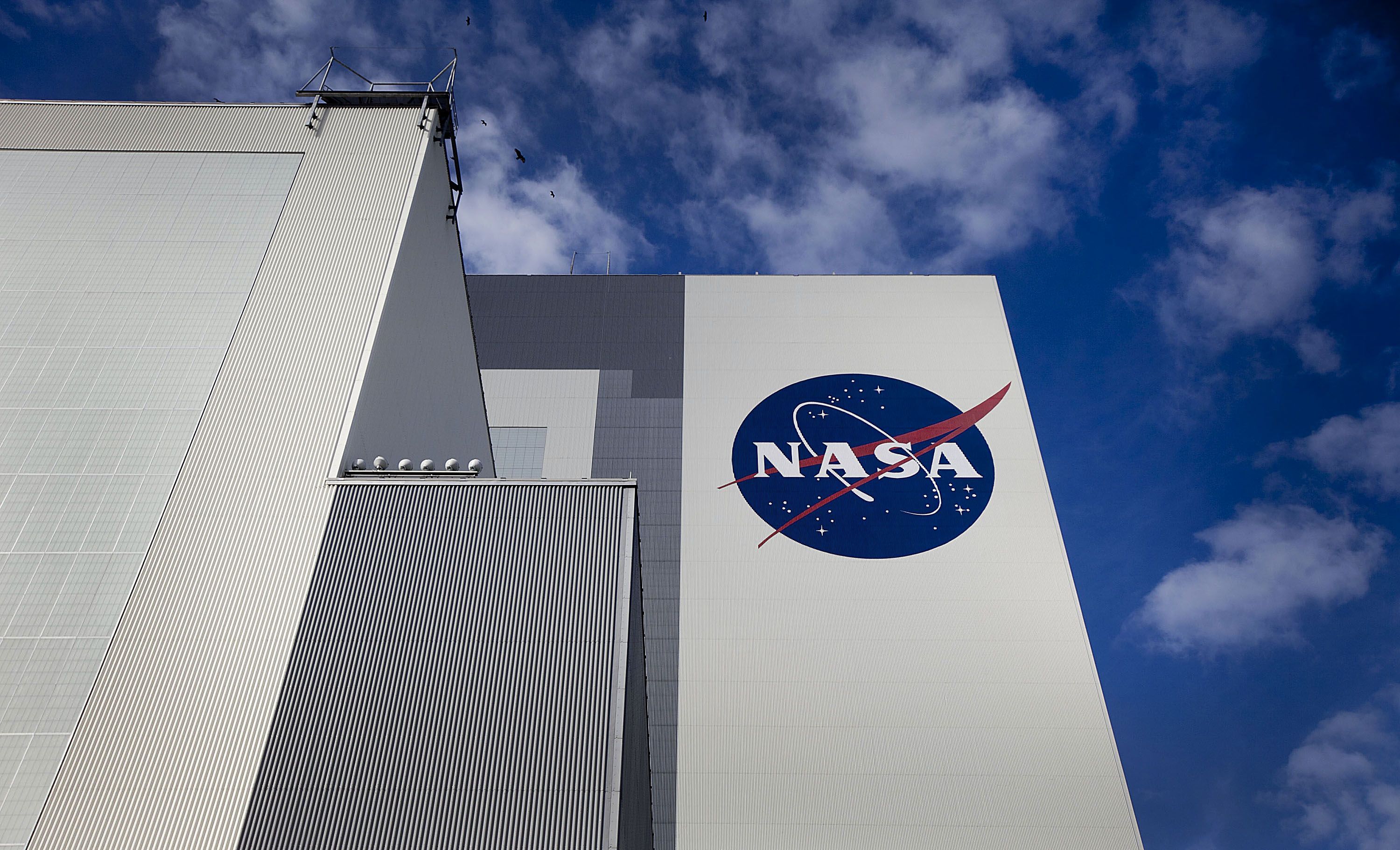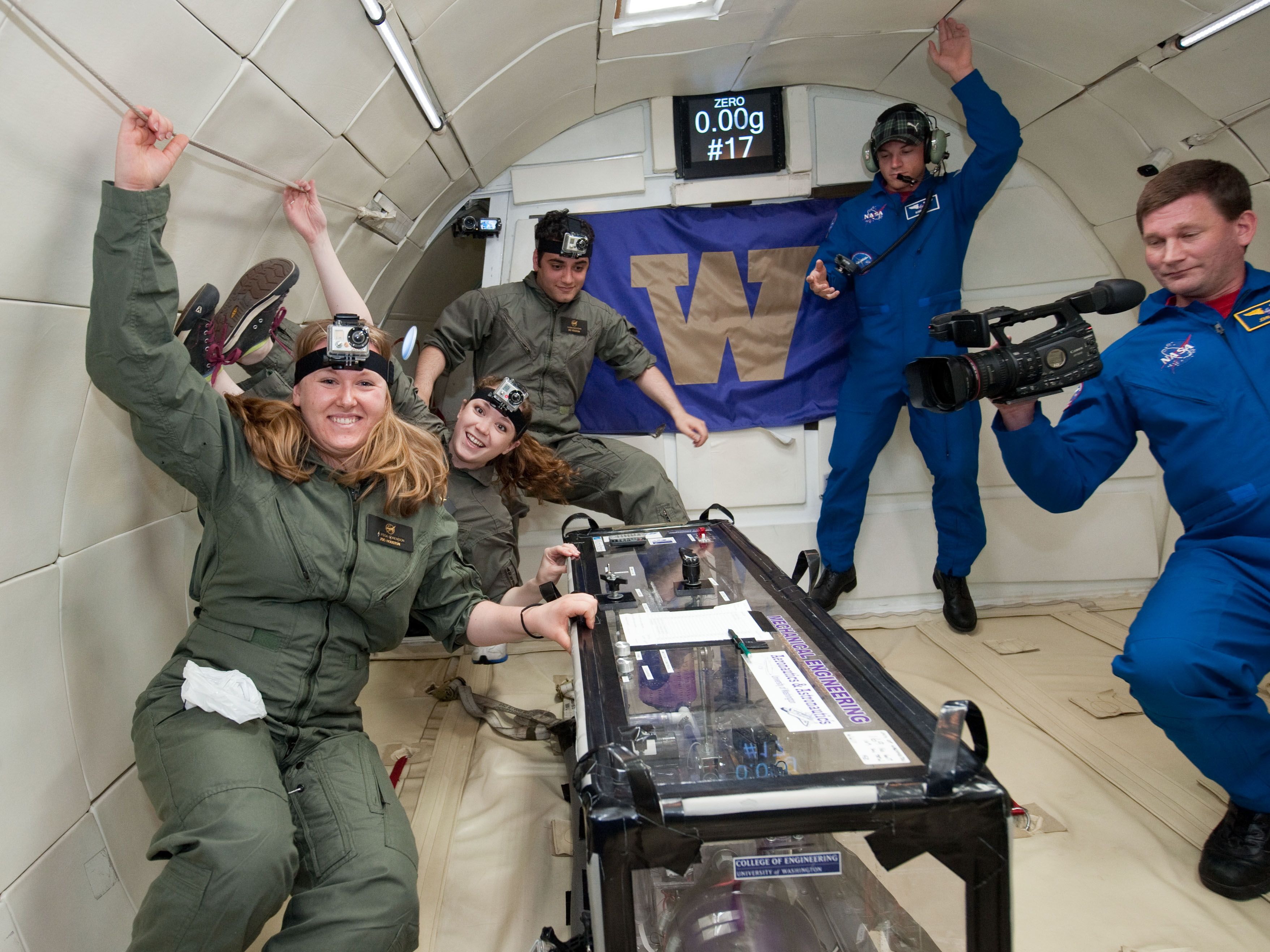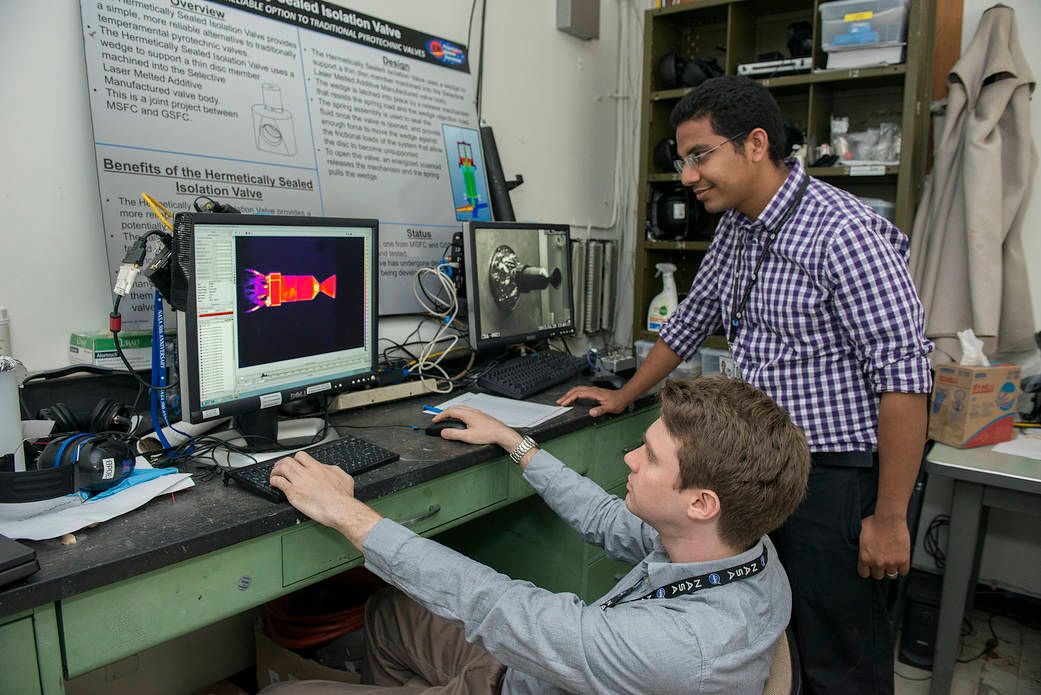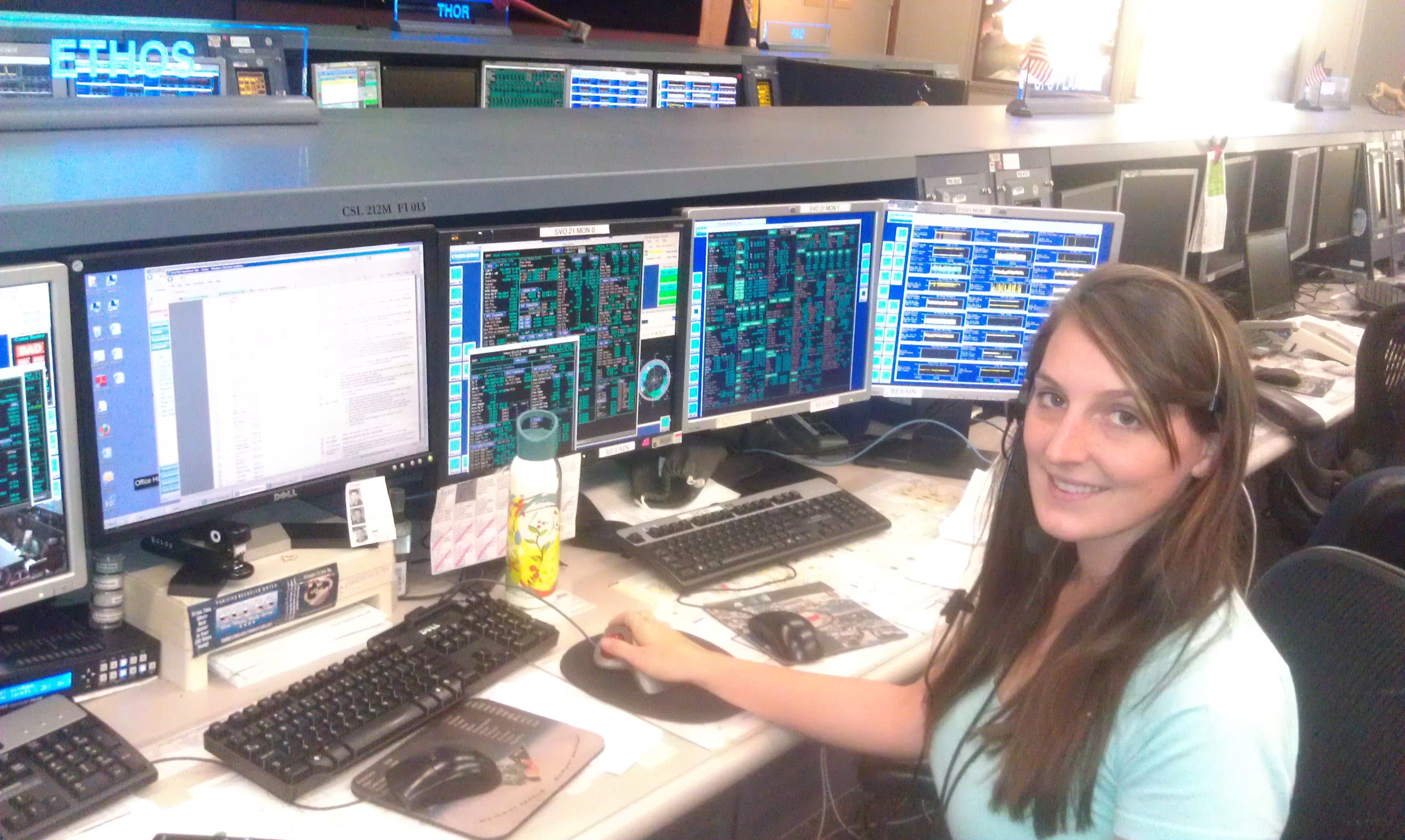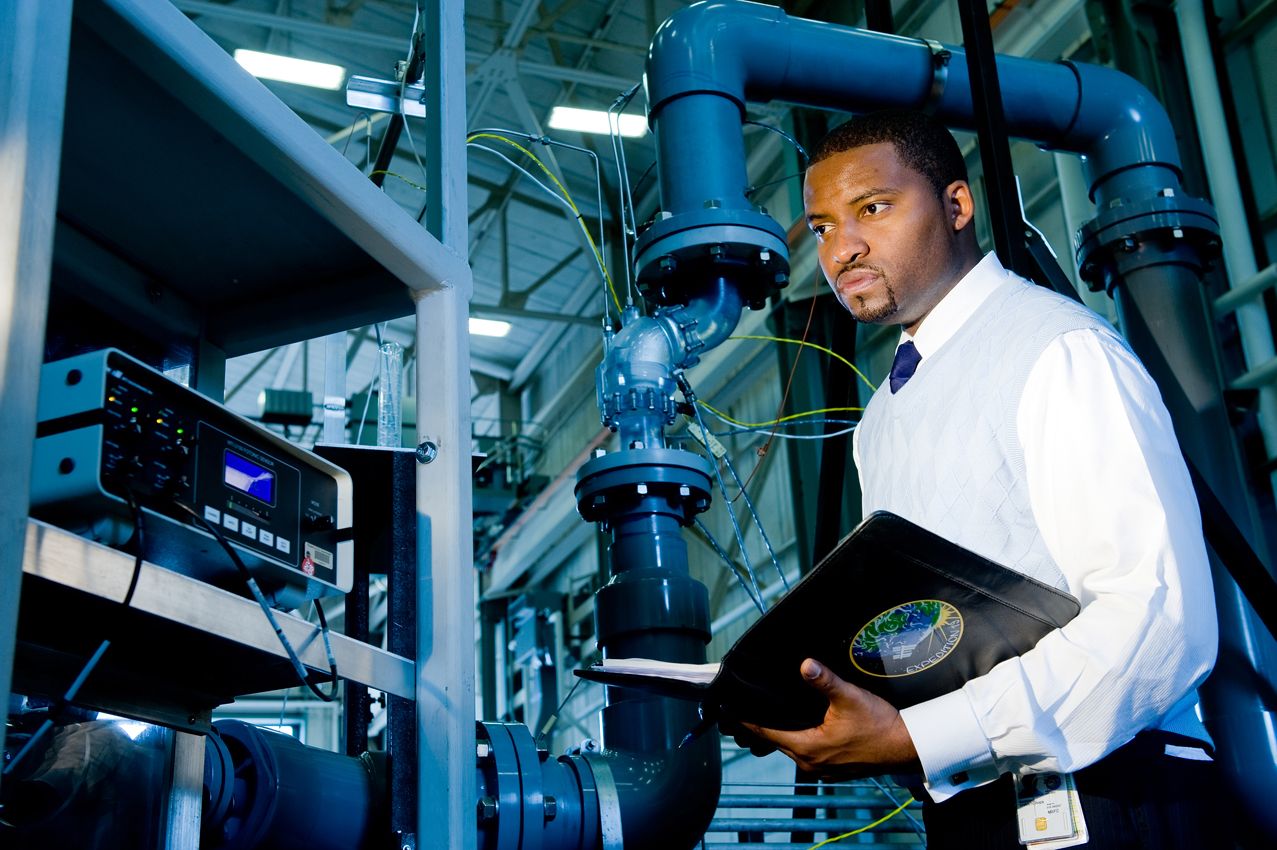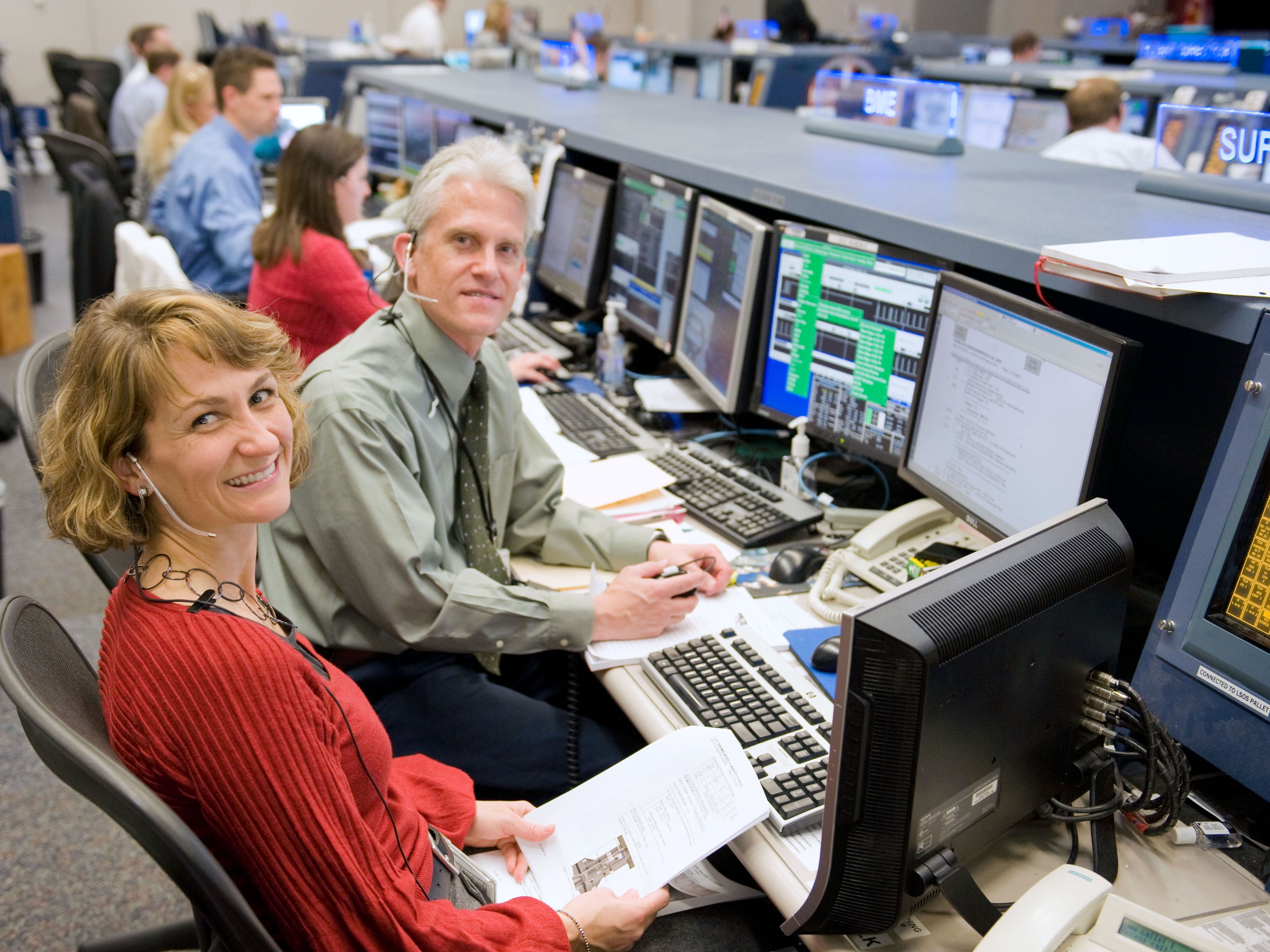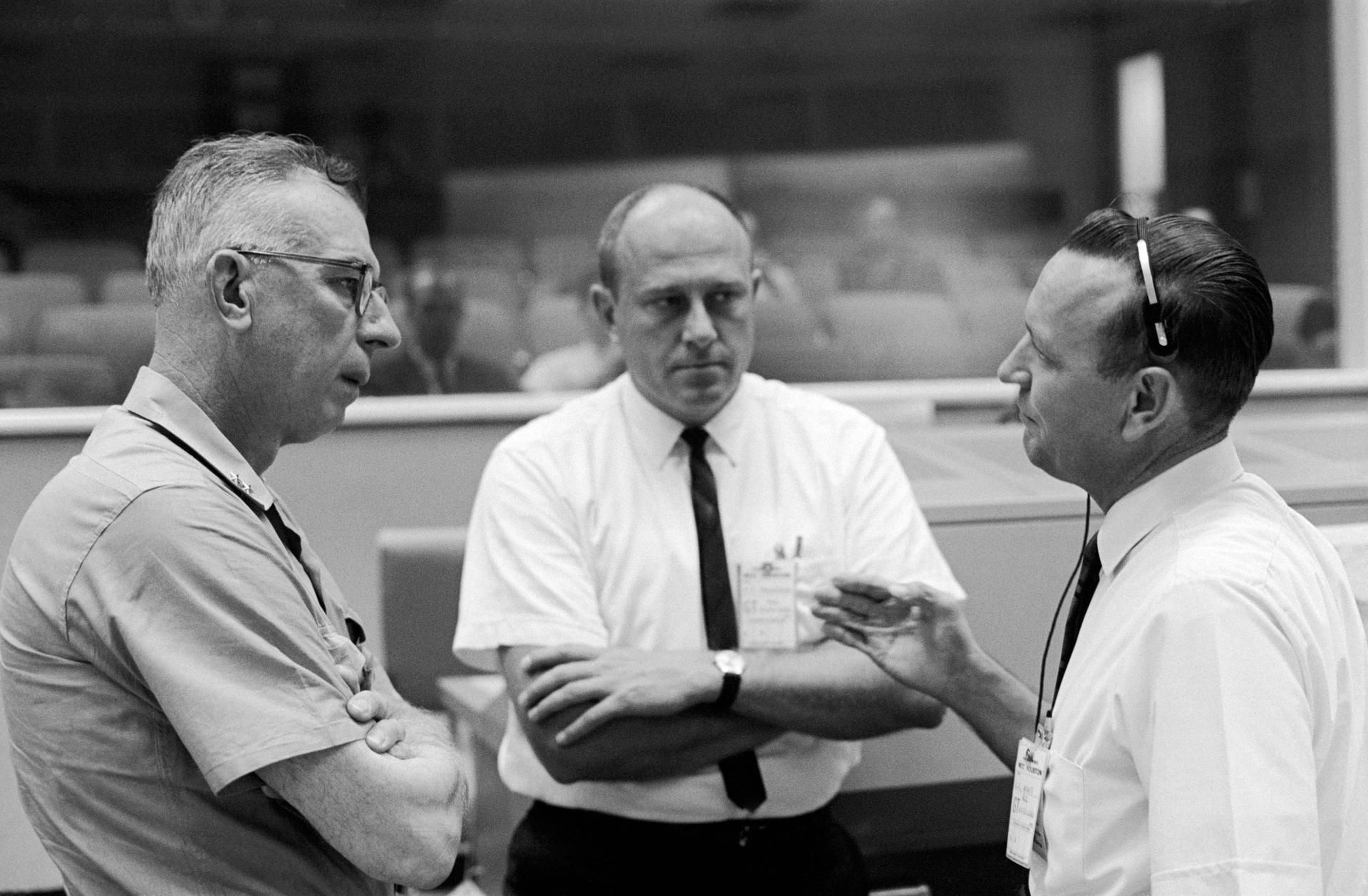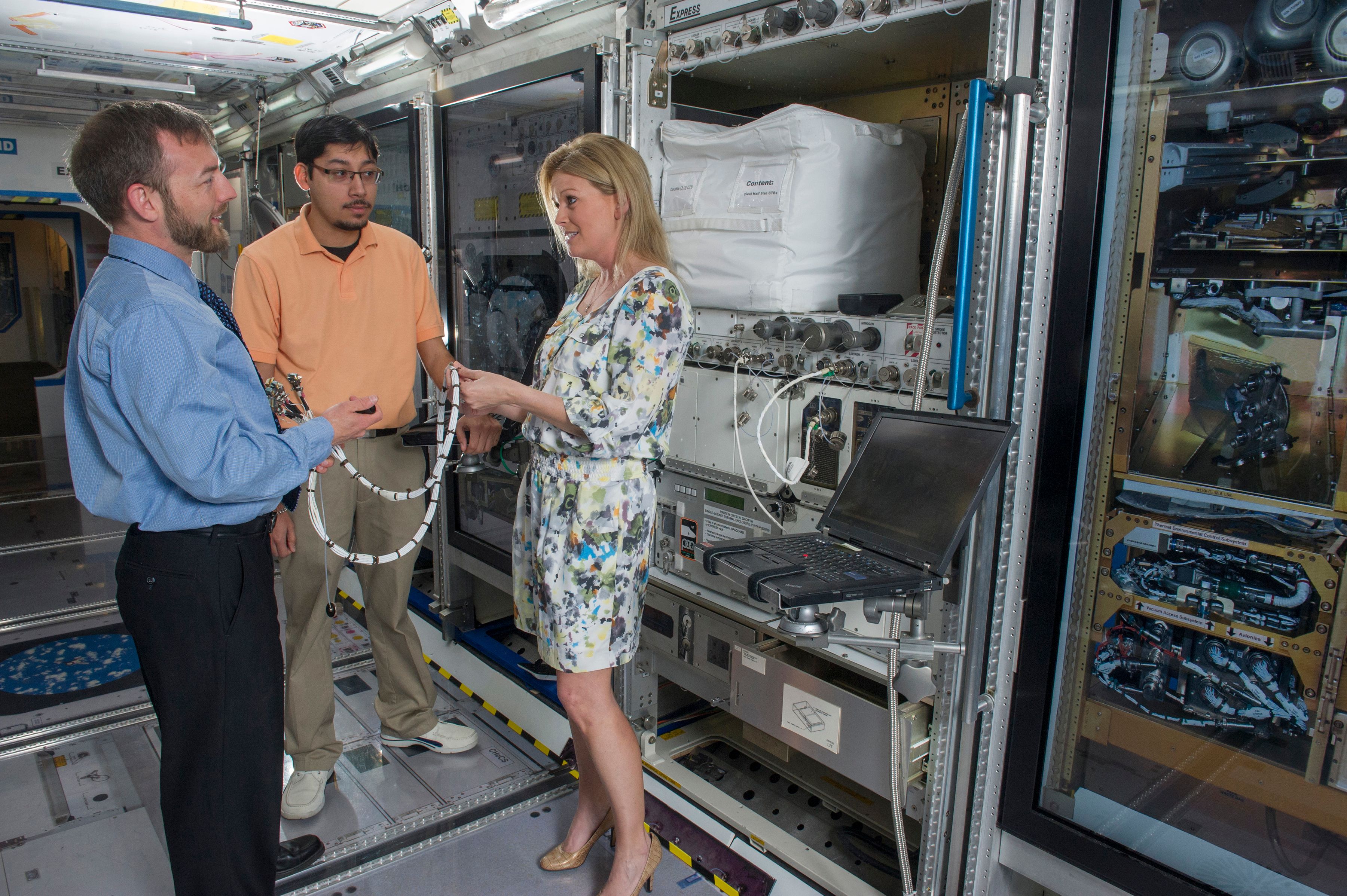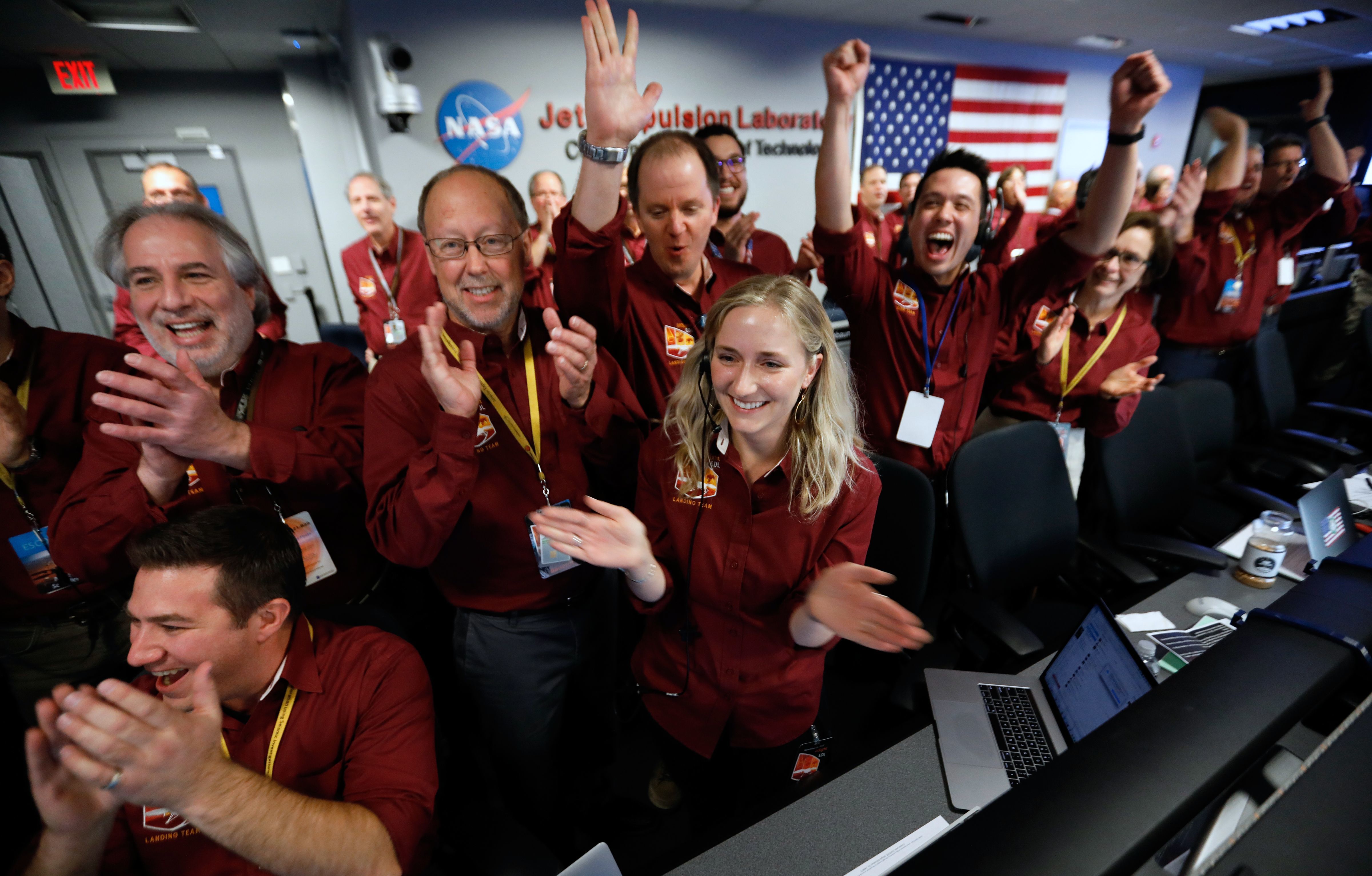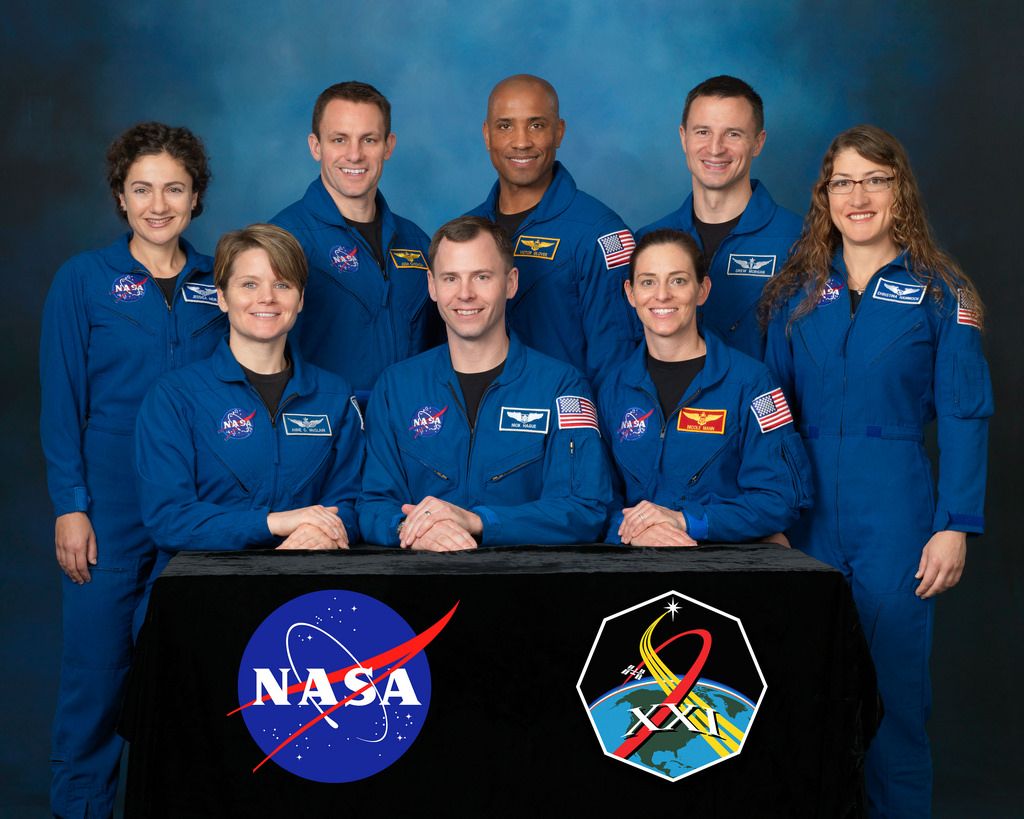Some kids grow up dreaming of becoming a police officer, others a firefighter. Almost everyone though—at one point or another—dreams of being an astronaut. Flying a space shuttle, floating in space and perhaps even bouncing across the surface of a planet is what people imagine doing as an astronaut. Only a few really go on to pursue it as a real career, and even then, even fewer make it through the program.
When people think of astronauts, they think of NASA. Even though other aerospace manufacturers and companies, such as SpaceX, are getting the headlines, NASA remains the pioneering space agency. With its rich history and major accomplishments, NASA continues to be a leader in space technology and exploration.
It’s also a part of the U.S. government, which means their operations require the best and brightest behind them. Even more, most of what they do is secretive and goes under the radar outside the public eye. It only takes one subpar NASA employee to threaten the entire enterprise.
In light of this, NASA has enforced a set of strict rules they demand their workers to follow. It’s a fair price workers have to pay if they want to keep one of the coolest jobs in the world and carry that coveted pride of being able to say, "I work for NASA.” Even more, they get to work in awesome settings, like the inside of space shuttles.
Many of these rules will seem harsh to outsiders. While every job has its own unique challenges, one could argue NASA asks more of its employees than other jobs. Here are 20 strict rules most people don’t know about that NASA workers have to follow.
20 Have To Be A U.S. Citizen
As one can imagine, NASA has a long list of criteria they’re looking for in their prospective employees. For one, as their official website reveals, they require workers to be U.S. citizens. Only under “extremely rare exceptions” will they accept someone who wasn’t born in the US.
They do offer opportunities for those not born in the country though through their International Space Partners. More than likely, NASA just wants to protect itself in setting up this mandate, which only supports their tight security. As harsh as a rule as this seems, perhaps they’ll get laxer about it in the years to come.
19 Aren’t Allowed To Carve Pumpkins At Work
Every year at the Jet Propulsion Laboratory in California, they hold a pumpkin carving contest. NASA owns JPL, so it’s technically their employees that participate in this fun ritual. The contest though isn’t without its rules. Workers have to use their own resources and do it on their own time, not on NASA’s clock, according to the site GOOD.
If they do any planning or carving while on the clock, they could be at risk of forfeiting the contest and possibly even their jobs. At least NASA provides them with the actual pumpkins to carve into, which they transform into wacky and wild creations.
18 Can’t Work With China
Cliché or not, it’s true that countries are stronger when they work together. When it comes to NASA though, they have a different policy, and they expect their employees to follow it.
According to Motherboard, NASA has a strict policy when it comes to collaborating with China and its citizens. They don’t restrict all projects between the two parties, but there’s a set list of criteria for what they’re willing to get behind along with what they won't support. The same source notes that many readers find it problematic, considering science should always come before politics. It sounds like the world NASA operates in is more complicated than that though.
17 Astronauts Can’t Be Too Short Or Too Tall
An astronaut acts as an extension of NASA. If the organization wants its astronauts to succeed, they need to pass a select few who can handle the rigors of space. That’s why they require a lot out of their applicants. As the site Astronaut Abby reports, NASA requires their pilot-astronauts to pass with 20/100 or better distant visual acuity test, have a blood pressure of 140/90 while sitting and stand between 62 and 75 inches tall.
The fact that you can’t be too short or too tall proves they’re looking for a near—if not exact—type of person for their program.
16 Say Something Obscene On Social Media, And You’re Fired
NASA believes its employees are an extension of the company, even in their private lives. When one employee got accepted at NASA for an internship, she couldn’t contain her excitement. WRIC reports that she posted—in all caps—messages that used obscene language out of happiness. Even when a member of the National Space Council that oversees NASA made a comment on her page, she doubled down with more unsavory words.
Sadly, the excited intern-to-be lost her internship with NASA for her comments online, proving that they have little tolerance for this kind of behavior. If employees like working there, they better watch what they say online.
15 Have To Be Careful About What Movies To Work With
Hollywood loves space, astronauts and science fiction. They'll do whatever it takes to ground their imaginary worlds into the real one, even if it means consulting NASA. The famous organization is selective about the movies it endorses though. For example, as Inverse notes, they didn’t endorse the movie Life with Jake Gyllenhaal and Ryan Reynolds.
That prevented the film from using NASA logos and other notable iconography. Workers can’t go backing movies willy-nilly, or they could get in trouble with the company’s bigwigs. With a high standard in the workplace, it’s only natural NASA would expect the same from movies.
14 Subject To Security And Background Checks
NASA has gone to great lengths to ensure their workers are on the up and up. They’ve even subjected them to a wide array of checks to make sure everything falls in line. So much so, in fact, the Supreme Court looked into whether these checks violated workers’ privacy rights.
Reuters reported on this back in March 2010 as it pertained to scientists and engineers employed by Jet Propulsion Laboratory, which NASA owns. Although Network World reports that the Supreme Court didn’t think the background checks broke any constitutional laws, they do support the idea that these checks are strict, to say the least.
13 Subject To Reviews At Any Time
Having someone looking over them while they work never makes things easier. Working at NASA though, it can become a part of the day-to-day. In their “100 Rules for NASA Project Managers,” NASA lets employees know up front that they’re subject to plenty of reviews both inside and outside the company.
In rule #36, as per GeekBoss, they ask employees not to hide anything from those conducting the reviews. This transparency in the workplace can be hard to practice, especially when people are dealing with high-intensity situations. It’s necessary though if NASA employees want not only to fit in but stick around.
12 You Can’t Talk About What You Worked On, Even After Quitting
NASA doesn’t want the public to know what they’re working on. As employees come and go, they’ve found a way to protect these secrets from leaking out. Under the fine print of a NASA employee’s contract, as per their official website, they’re not allowed to talk about the projects they worked on, including with other government workers.
This may have to do with the fact that projects can still be ongoing even after an employee leaves. Even more, if an employee said something about a project, it could negatively impact the progress even though they're not a part of it anymore.
11 Project Managers Need To Meet Everyone Working On A Project
This is one that applies to almost every job out there, but especially so at NASA. There, everyone is a small piece of a bigger machine, that if one employee were to work independently, the whole system could falter.
In their “100 Rules for NASA Project Managers,” via GeekBoss’s website, they highlight the importance of teamwork. They even encourage, in the very first rule, that every project manager should visit everyone who plays a part in their project at least once. That’s a huge responsibility that could take time, but NASA believes it’s important enough to put in their list of rules.
10 Must Be Familiar With Latest Computers, Software And Technology
It’s assumed that if you work for NASA, you’re something of a techie. Surrounded by the latest and greatest computers and equipment, one not only has to understand how to use them but continue to stay up-to-date on what's current.
Technology is always changing, and so, therefore, must NASA workers. According to their “100 Rules for NASA Project Managers,” as per GeekBoss, rule #62 says, “Not using modern techniques, like computer systems, is a great mistake, but forgetting that the computer simulates thinking is a still greater mistake.” They put a lot of importance on the latest computers and technology, so it’s up to workers to use them properly.
9 Flight Controllers Never Stop Training
When someone gets a job, they usually start training for it. Depending on the job, it can take up to a few weeks to train for a role. Being a flight controller for NASA isn’t like most jobs, however, where the training never stops.
According to Forbes, flight controllers—even after they’ve already landed the job—have to remain in training. The idea behind this is ensuring flight controllers remain up-to-date, informed and knowledgeable about what they're doing. They can’t afford to make errors, especially one that’s avoidable by being on top of the latest developments. There’s too much money and possibly even lives at stake.
8 Photos Released To The Public Need To Look A Certain Way
NASA personifies a self-conscious starlet who’s concerned about her image, including how she comes across to the public. That’s an idea that’s prevalent from their logos to photos of space to the way slideshows should look. The site Fast Company notes that Helvetica is their chosen font. They expect this to go on the majority of their materials the public sees.
Even more, when it comes to any photos they publish of space, they like to crop images so they appear as close-ups on planets and other heavenly bodies. It’s part of their style and they don’t like to deviate from it.
7 Flight Controllers Have To Train Others
Passing along information to employees is part of every job. Something that NASA makes its top-flight controllers do though, as per a report by Forbes, is act as instructors. Fresh flight controllers who’ve just arrived on the job are in need of getting acclimated as soon as possible.
It’s up to these established flight controllers to get them up to speed, along with any new astronauts, while continuing to perform the regular duties of their job at the same time. This kind of multitasking doesn’t come naturally for most, but it’s something flight controllers at NASA have to do if they want to work for this top agency.
6 Have To Encrypt Company Devices For Security Purposes
NASA is always improving, which means added rules and responsibilities for its workers. There was a data breach back in November 2012 that prompted the agency to take extra measures. According to Mashable, NASA employees aren’t allowed to put sensitive data on their personal devices. Even more, they have to follow specific encryption rules laid down by the company to safeguard data on company laptops, phones, and tablets.
With security threats being a real concern, it’s only natural they’d make their employees comply with such rules. It’s a lot stricter though than working a normal office job or even some tech companies.
5 “Look, Ask and Analyze”—Or Else Risk Being Transferred
Not playing by NASA’s rules could have major repercussions—like getting reassigned. They deserve credit though for preparing workers. They put together a list called “100 Rules for NASA Project Managers.” Rule #26 notes, as per GeekBoss, “If you have someone who doesn’t look, ask, and analyze; ask them to transfer.”
At the heart of it, NASA encourages its workers through this rule to question things at all times. That way, any flaws, and potential problems will rise to the surface. Failing to do so, however, can result in a reassignment that could put workers in a different—or else lowlier—department.
4 Writing Computer Source Code Has Rigid Restrictions
For those who aren’t computer wizards, every program has a source code behind its interface (think of the green Matrix digital rain). Writing code is a major part of the job for many NASA employees and how they get their equipment to run properly. Even with how they write code, there’s a long list of requirements.
One rule, as noted by Life Hacker, is that no function—which is what tells the code what to do—can span longer than the size of a single sheet of printed paper (which is about 60 lines). NASA has their reasons and, as an employee, it’s best just to follow the rule.
3 Have To Be Focused, Get Results
Jobs can be fast-paced or leisurely, busy or relaxed—it all dependents on the occupation and location. NASA can have a mixture of both slower days with ones where the media is on the premises, everyone’s biting their nails and hoping for a successful operation.
One rule is clear across the board for workers though: they have to get results. If they don’t make progress in their respective jobs and advance NASA in some way, then they’ll get the boot. In order to get workers to do this, CNN reports that NASA focuses on engaging their employees to ensure their unwavering commitment and effort.
2 Public Speaking Or Writing Books Requires Approval Beforehand
NASA may have stringent policies, but at least it’s upfront with what those rules are. Those rules even extend to outside activities, as they outline on their official website. What constitutes as an outside activity? Quite a lot, actually.
NASA employees, for example, can’t do public speaking or write a book about anything they do at NASA if it’s for their own personal gain. They would need the company’s approval before proceeding with something like that. By clearly outlining this rule, it makes workers think twice about doing something without NASA's consent. Plus, by posting it on their website, it even enables the public to hold them accountable.
1 Have To Be The Best Of The Best
Working for NASA is a competitive endeavor. Not everyone who applies gets in. As the site Astronaut Abby points out, due to the high volume of applications, they have to weed out interested parties with a set of criteria that helps them find only the best ones for the job.
When it comes to astronauts, many of them apply with many skills already under their belts. They can have experience flying, doing SCUBA underwater or even speaking other languages. These are all skills NASA looks at and helps to narrow down their list of applicants to decide on who’s best suited for the job.
Sources: Motherboard, CNN, NASA.gov, Astronaut Abby, Forbes, Inverse, Life Hacker, GeekBoss, Network World, Reuters, Mashable, Fast Company, GOOD, WRIC

